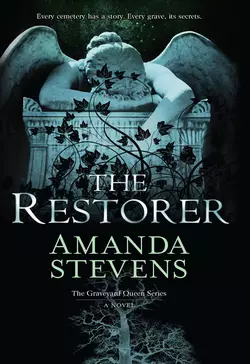The Restorer

Amanda Stevens
Тип: электронная книга
Жанр: Современная зарубежная литература
Язык: на английском языке
Стоимость: 465.10 ₽
Статус: В продаже
Издательство: HarperCollins
Дата публикации: 16.04.2024
Отзывы: Пока нет Добавить отзыв
О книге: My father’s rules. I’ve never broken them…until now. My name is Amelia Gray. I’m a cemetery restorer who sees ghosts. In order to protect myself from the parasitic nature of the dead, I′ve always held fast to the rules passed down from my father. But now a haunted police detective has entered my world and everything is changing, including the rules that have always kept me safe.It started with the discovery of a young woman’s brutalized body in an old Charleston graveyard I′ve been hired to restore. The clues to the killer—and to his other victims—lie in the headstone symbolism that only I can interpret. Devlin needs my help, but his ghosts shadow his every move, feeding off his warmth, sustaining their presence with his energy.To warn him would be to invite them into my life. I′ve vowed to keep my distance, but the pull of his magnetism grows ever stronger even as the symbols lead me closer to the killer and to the gossamer veil that separates this world from the next.